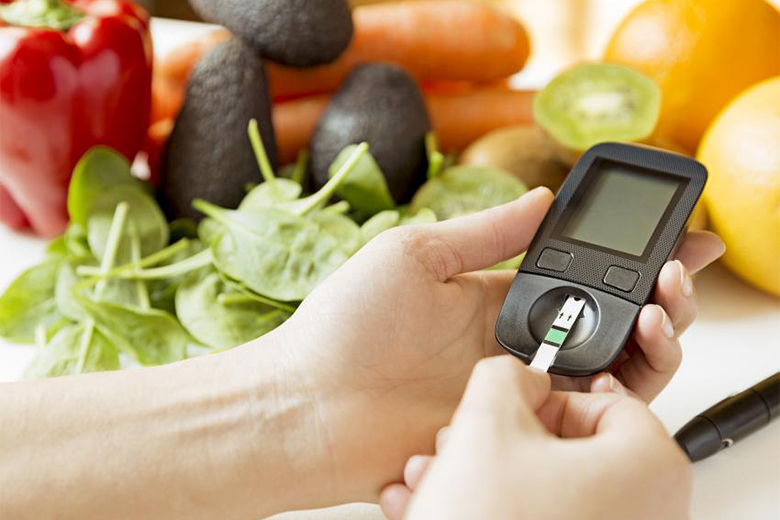Research
Learn how we’ve been at the forefront of discovery, and committed to preventing and curing diabetes worldwide.

Diabetes is our one and only focus. Curing it is our sole purpose.
Joslin Diabetes Center is the pinnacle of diabetes treatment, education, and research. We will stop at nothing to find a cure. Until that day, we are 100 percent focused on providing the absolute best care possible, and constantly advancing the treatments that allow our patients and families to manage the disease, overcome its complications, and live their lives to their fullest and healthiest potential.
Joslin Diabetes Center educates providers and professionals through its expansive professional education programs. Joslin has achieved national visibility and a reputation for excellence in producing programs that maximize educational impact.

Joslin Diabetes Center's staff of physicians, nurses, nutritionists, exercise physiologists, and educators have a great deal of information about diabetes to share with you. You can access information on numerous topics such as Managing Diabetes, Diet and Nutrition, Exercise and Wellness. Articles provide help for Newly Diagnosed patients and their loved ones.

Learn how we’ve been at the forefront of discovery, and committed to preventing and curing diabetes worldwide.